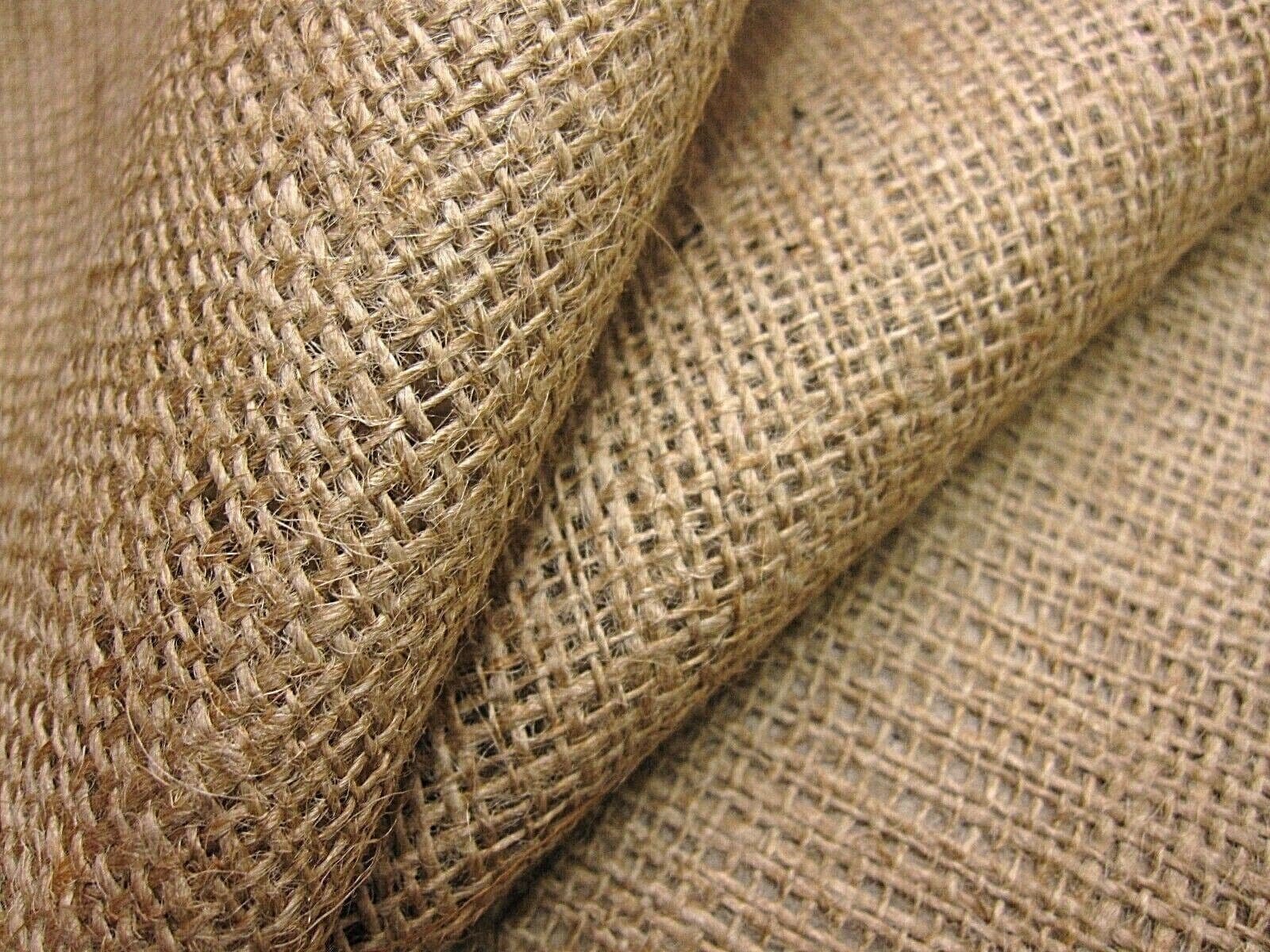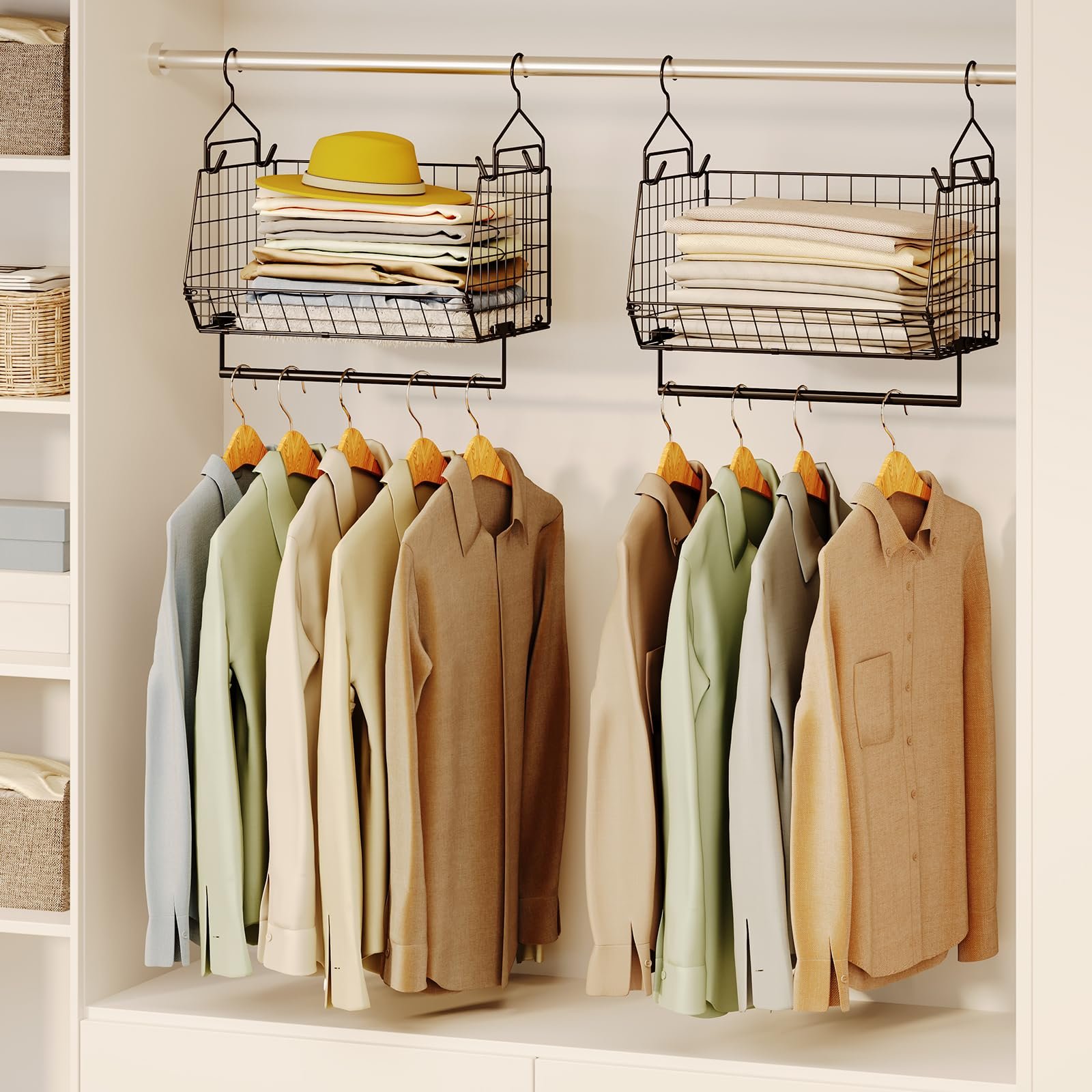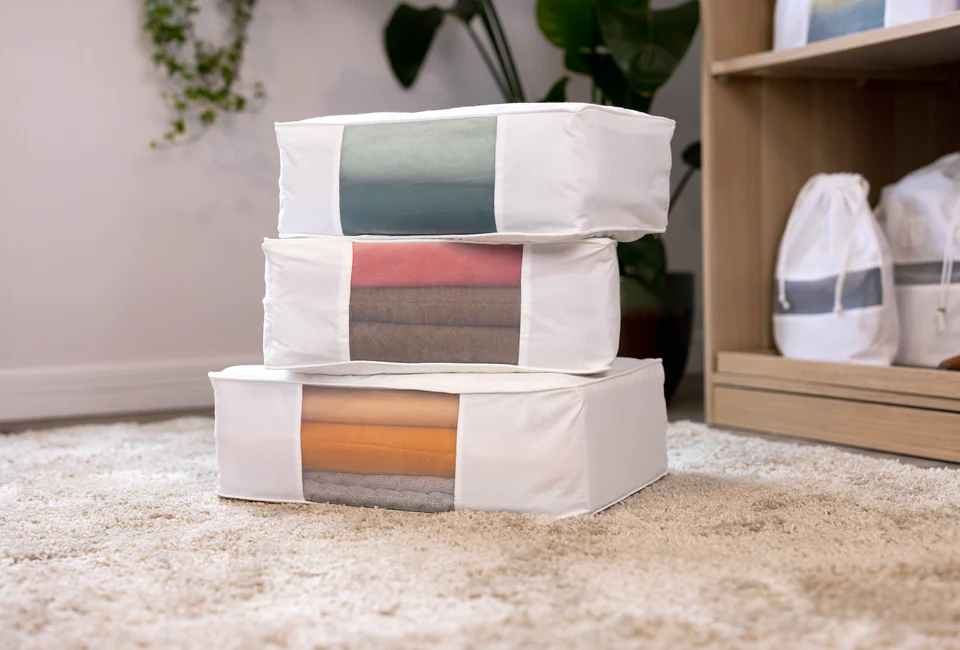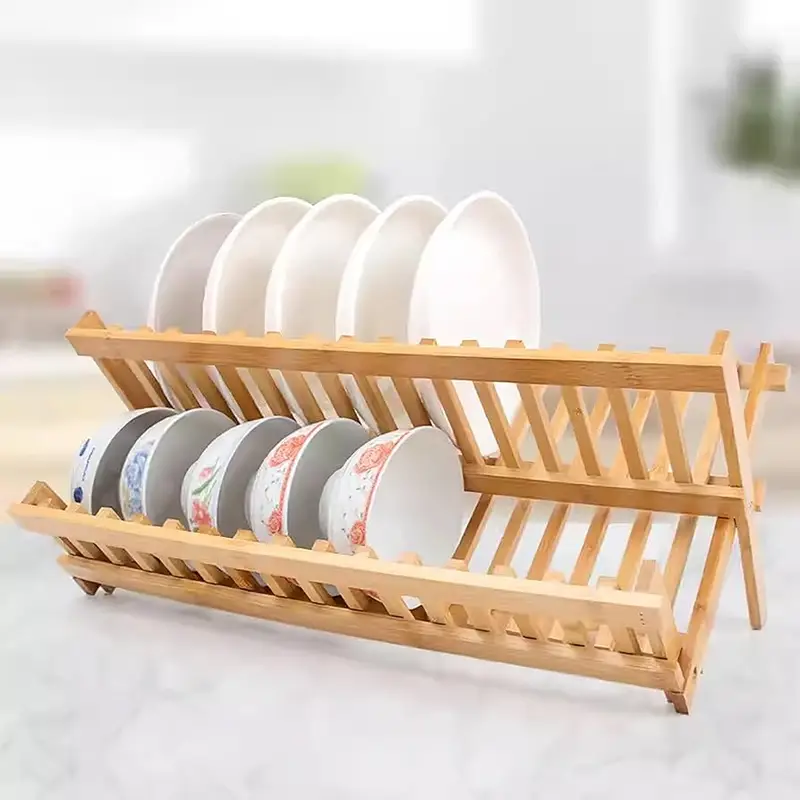Polyester is one of the most widely used fabrics in the global textile and home organization industry. As a buyer, you’ve probably asked yourself: is polyester a good fabric for my customers and my business?
The answer depends on your sales channel, target market, and compliance requirements. While polyester offers many strengths—such as durability and affordability—buyers must also consider issues like sustainability, comfort, and testing.
This guide explains polyester’s pros and cons specifically from a B2B procurement perspective, with insights into cost, MOQ, compliance, and real-world applications in storage and travel products.
Why Buyers Ask This Question
When sourcing storage and travel products, buyers usually compare polyester with cotton, canvas, or natural fibers. Common concerns include:
Is it durable enough for daily use?
Will customers complain about comfort or smell?
Can it pass compliance tests (OEKO-TEX, REACH)?
Does it fit current retail trends, like sustainability?
What MOQ and cost advantages does polyester offer?
These are not just theoretical questions—they directly impact retail margins, customer satisfaction, and long-term brand positioning.
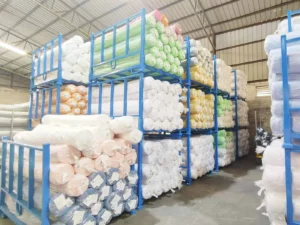
Polyester Strengths for B2B Buyers
1. Durability and Performance
Resistant to stretching, shrinking, and abrasion.
Holds shape well in storage boxes and laundry bags.
With coatings (PU, PVC), polyester becomes water-resistant or waterproof.
2. Cost Advantage
Generally 20–30% cheaper than cotton in bulk orders.
Lighter shipping weight → lower FBA and freight cost.
Stable raw material supply → fewer price fluctuations than natural fibers.
3. Customization Flexibility
Easy to print, dye, or coat with functional finishes (anti-mold, flame-retardant).
Supports OEM branding: custom colors, logos, and packaging.
4. Supply Chain Readiness
Polyester is widely produced in China, ensuring consistent availability.
Large factories handle 500–1000 pcs MOQ per SKU, suitable for wholesale and retail programs.
Common Concerns from Retailers and Importers
1. Environmental Impact
Traditional polyester is petroleum-based and not biodegradable.
Increasing pressure in Europe for recycled polyester (rPET).
Risk: Retailers may face negative consumer perception if positioned as “cheap plastic fabric.”
2. Comfort and Customer Complaints
Polyester is less breathable than cotton.
For storage and travel products, not a big issue—but in apparel or bedding, it may lead to poor reviews.
Low-quality polyester may have odor or pilling problems if not tested.
3. Compliance and Testing
EU and U.S. markets require REACH, OEKO-TEX, and sometimes Prop 65 compliance.
Inferior polyester batches may fail testing due to chemical residues.
Risk for Amazon sellers: product removals or customer complaints.
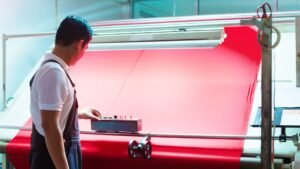
When Polyester Is the Right Choice
Scenario 1: Discount and Supermarket Retail
Target Market: Price-sensitive shoppers.
Why Polyester Works: Offers affordable storage and laundry products with reliable durability.
Example: A European supermarket chain sources polyester laundry bags at under $2 FOB and retails them for $7.99.
Scenario 2: Amazon & Online Sellers
Target Market: Younger, eco-conscious consumers.
Solution: Recycled polyester (rPET) with “eco-friendly” branding.
Example: A U.S. seller launched polyester travel cubes with rPET labels, increasing conversion by highlighting sustainability.
Scenario 3: Branded Retail Programs
Target Market: Mid-to-high-end retailers.
Solution: Polyester-cotton blends or polyester with premium finishes (waterproof, anti-pilling).
Example: A Japanese retailer requested polyester storage boxes with flame-retardant coating for strict safety compliance.
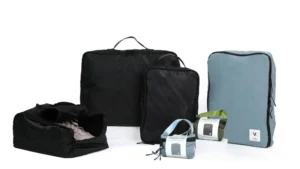
Cost, MOQ, and Supply Chain Considerations
MOQ: Typically 500–1000 pcs/SKU; some factories allow 300 pcs for trial orders.
Lead Time: 35–45 days after sample approval; faster for repeat orders.
Cost Efficiency: Polyester bags and organizers can save up to 15–20% in total landed cost compared to cotton equivalents.
Factory Example: Our facility produces over 60 HQ containers/month, with polyester oxford as the most common fabric for global buyers.
Market Trends and Buyer Takeaways
Sustainability First: Retailers in Europe increasingly demand rPET or GRS-certified polyester.
Blended Fabrics: Polyester mixed with cotton balances comfort and strength.
Value Positioning: Polyester works best in practical, durable, and affordable product lines.
For buyers, the decision isn’t “is polyester good or bad”—it’s where polyester fits best in your assortment.
Conclusion
So, is polyester a good fabric? For B2B buyers, the answer is yes—when applied strategically. Polyester offers durability, affordability, and strong supply chain support, making it ideal for storage and travel products. However, buyers must address environmental concerns, compliance requirements, and consumer perception through careful material selection and transparent branding.

